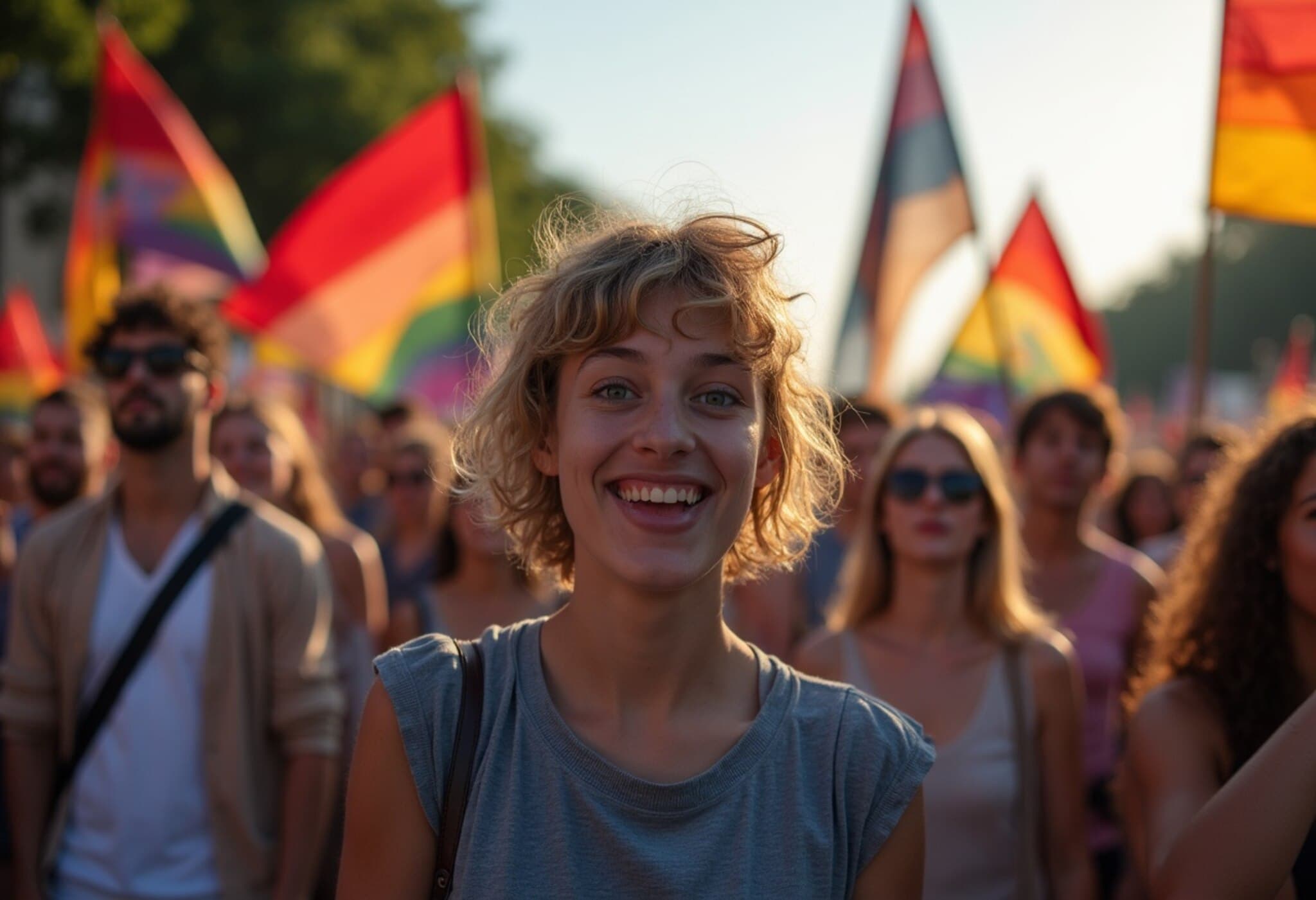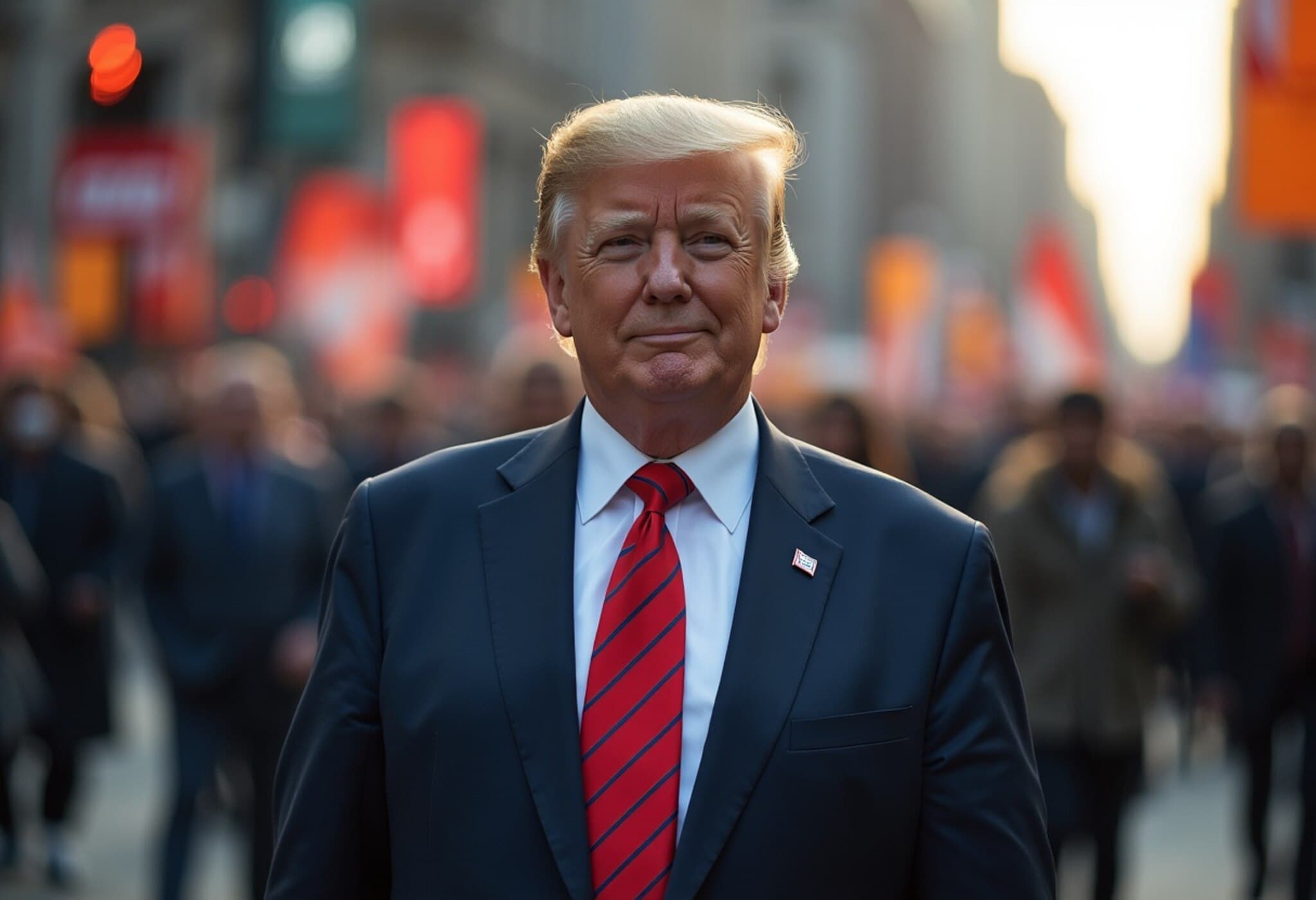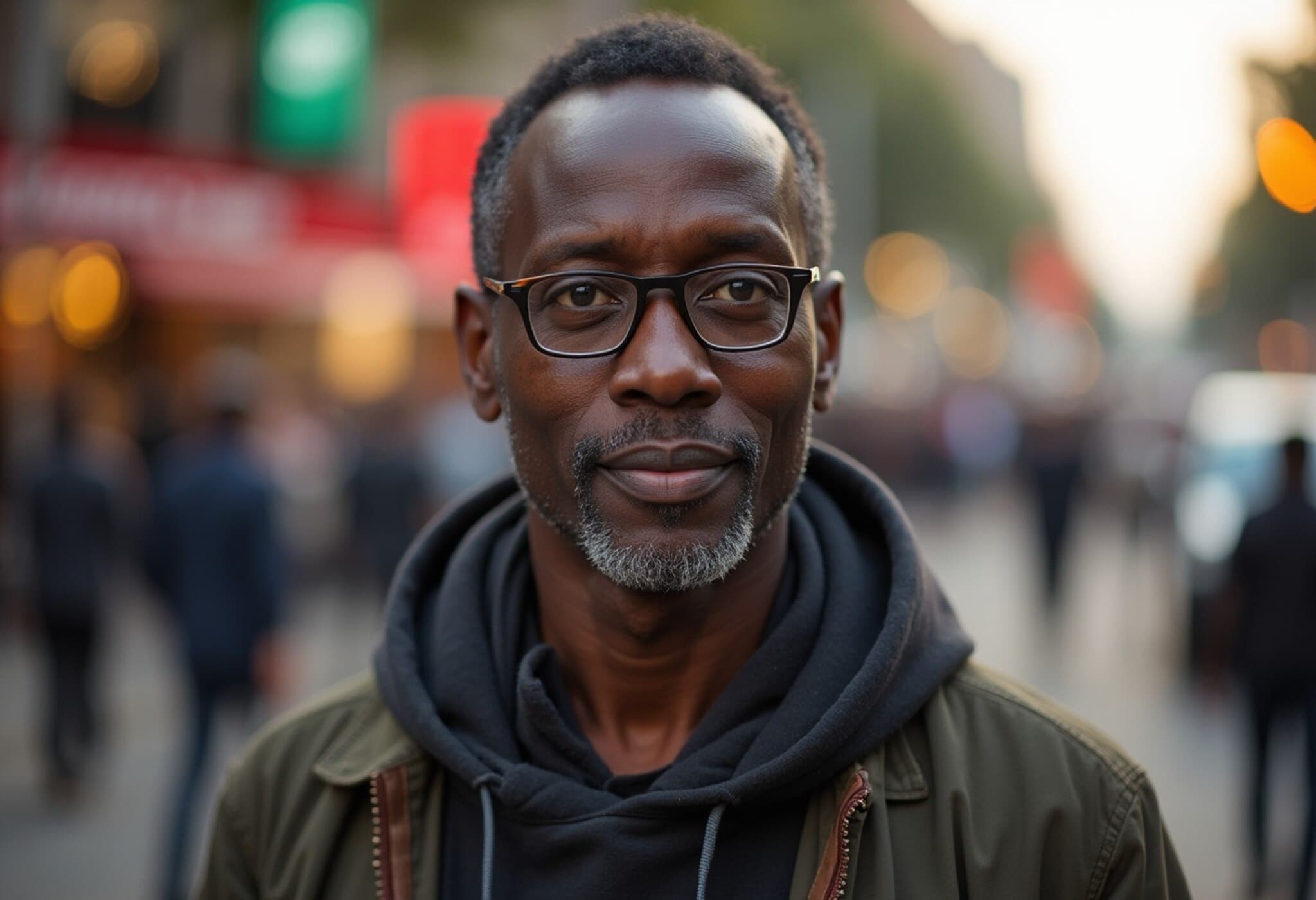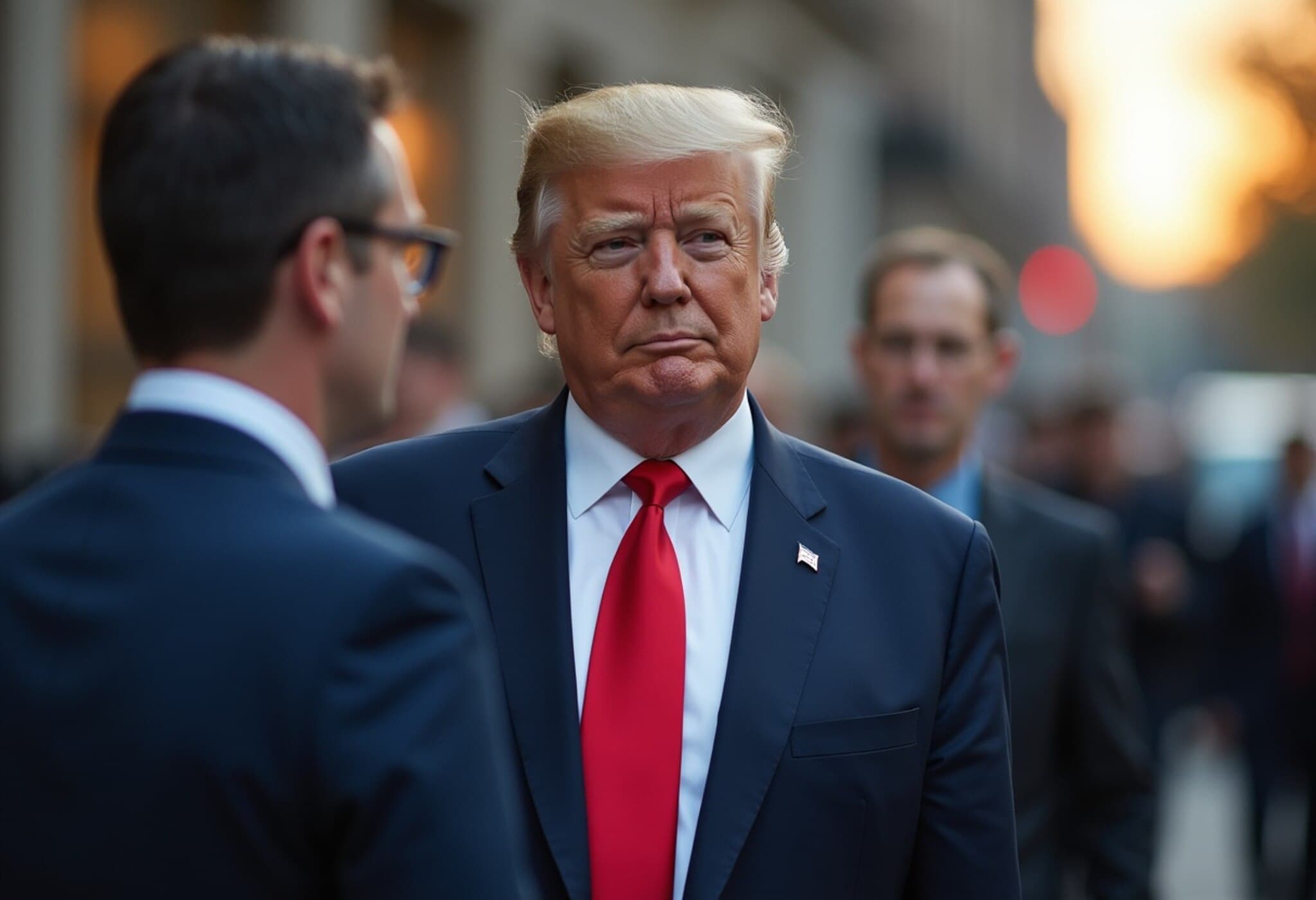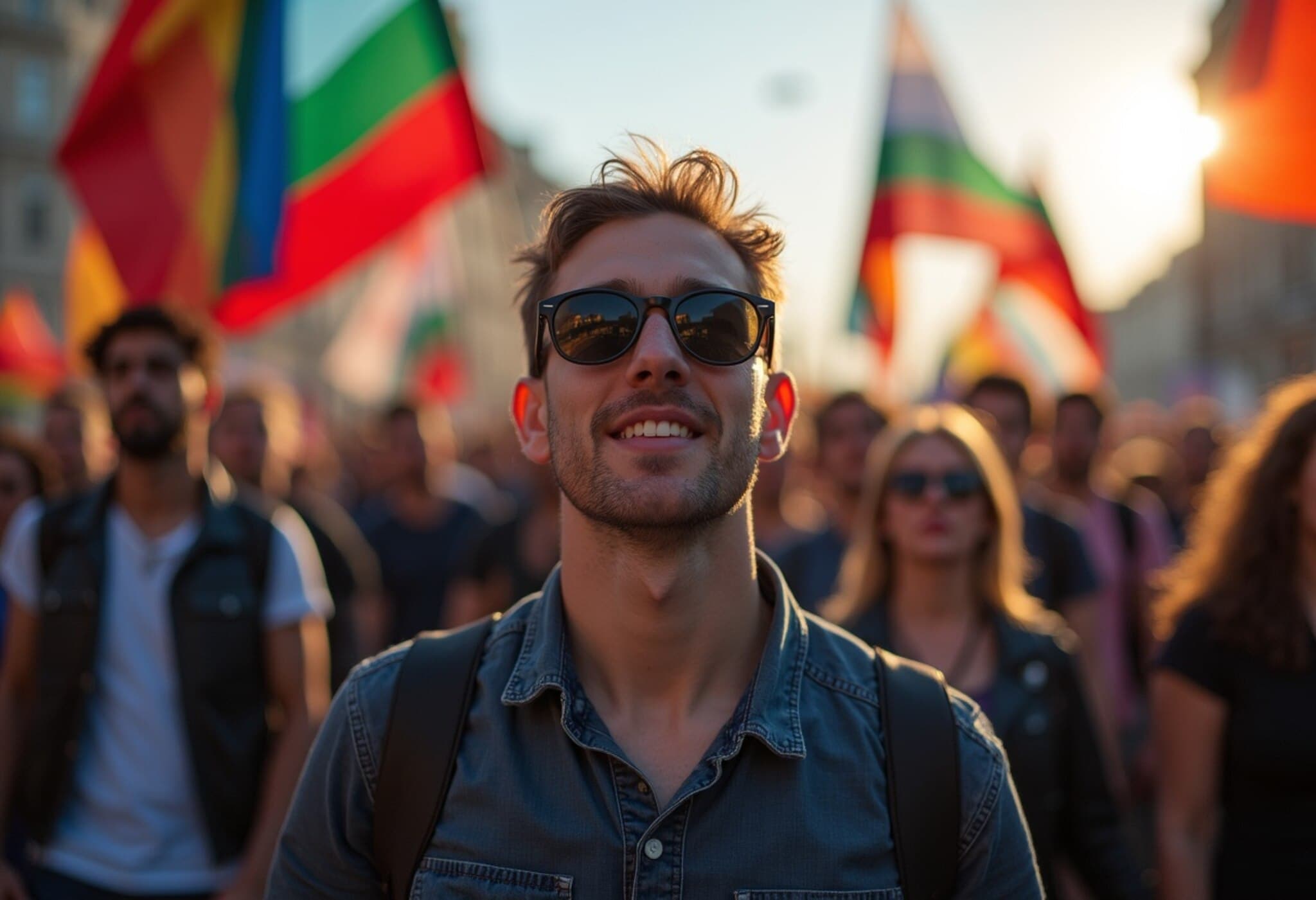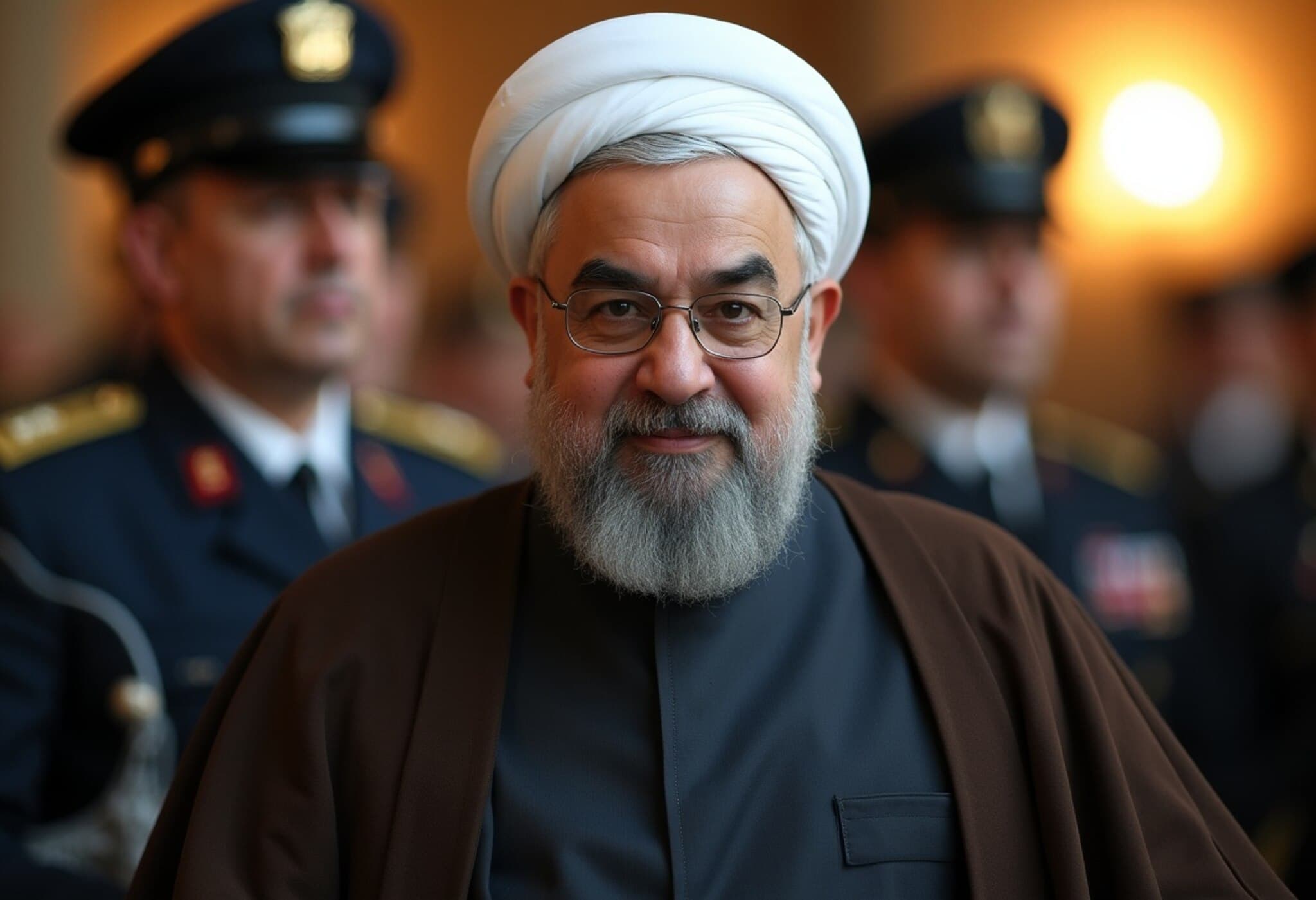Foreign Embassies Back Budapest Pride Despite Police Ban
On June 28, Hungary planned to hold its 30th Budapest Pride March, a symbolic event celebrating the LGBTQ+ community’s resilience and progress. However, Hungarian police banned the march, citing concerns over potential harm to children, a move that has sparked international attention and controversy.
Support from European Nations Contrasts with US Stance
More than 30 embassies, including those of Britain, France, and Germany, issued a joint statement reaffirming their support for Hungary’s LGBTQ+ community and the Pride march. They emphasized the event’s significance in promoting democracy and human rights.
In stark contrast, the United States did not join this expression of support. The absence aligns with the current political climate shared by Hungary’s Prime Minister Viktor Orbán and President Donald Trump, both of whom have expressed skepticism towards diversity initiatives, especially those related to transgender rights.
Political Context Behind the Ban
The government majority led by Orbán’s Fidesz party passed a controversial law in March, granting authorities the power to prohibit Pride marches on the grounds of protecting children. This legislation was invoked to justify the ban on the event, drawing criticism from domestic and international voices alike.
Critics argue this crackdown is part of a broader erosion of democratic freedoms ahead of Hungary’s upcoming general election. Opposition figures appear to be gaining momentum in recent opinion polls, raising stakes for the ruling party to consolidate conservative support.
Conservative Agenda at the Forefront
Orbán’s administration promotes a Christian-conservative platform, largely appealing to rural voters. This ideological stance underpins efforts to restrict events like the Pride march, which the government perceives as conflicting with traditional family values.
Despite the legal ban, Budapest’s liberal mayor and Pride organizers announced their intention to proceed with the march, underscoring the event’s enduring spirit of defiance and advocacy.
Significance of Budapest Pride in Hungary’s Democracy
In their joint statement, the embassies highlighted Budapest Pride as more than just a celebration—it embodies the ongoing struggle for equality and inclusion. It serves as a testament to the integral role the LGBTQ+ community plays in advancing democratic principles within Hungary and beyond.
Looking Ahead
With tensions mounting and elections on the horizon, the future of LGBTQ+ rights in Hungary remains uncertain. The clash between government policies and grassroots activism continues to shape the national discourse on diversity, freedom, and human rights.

